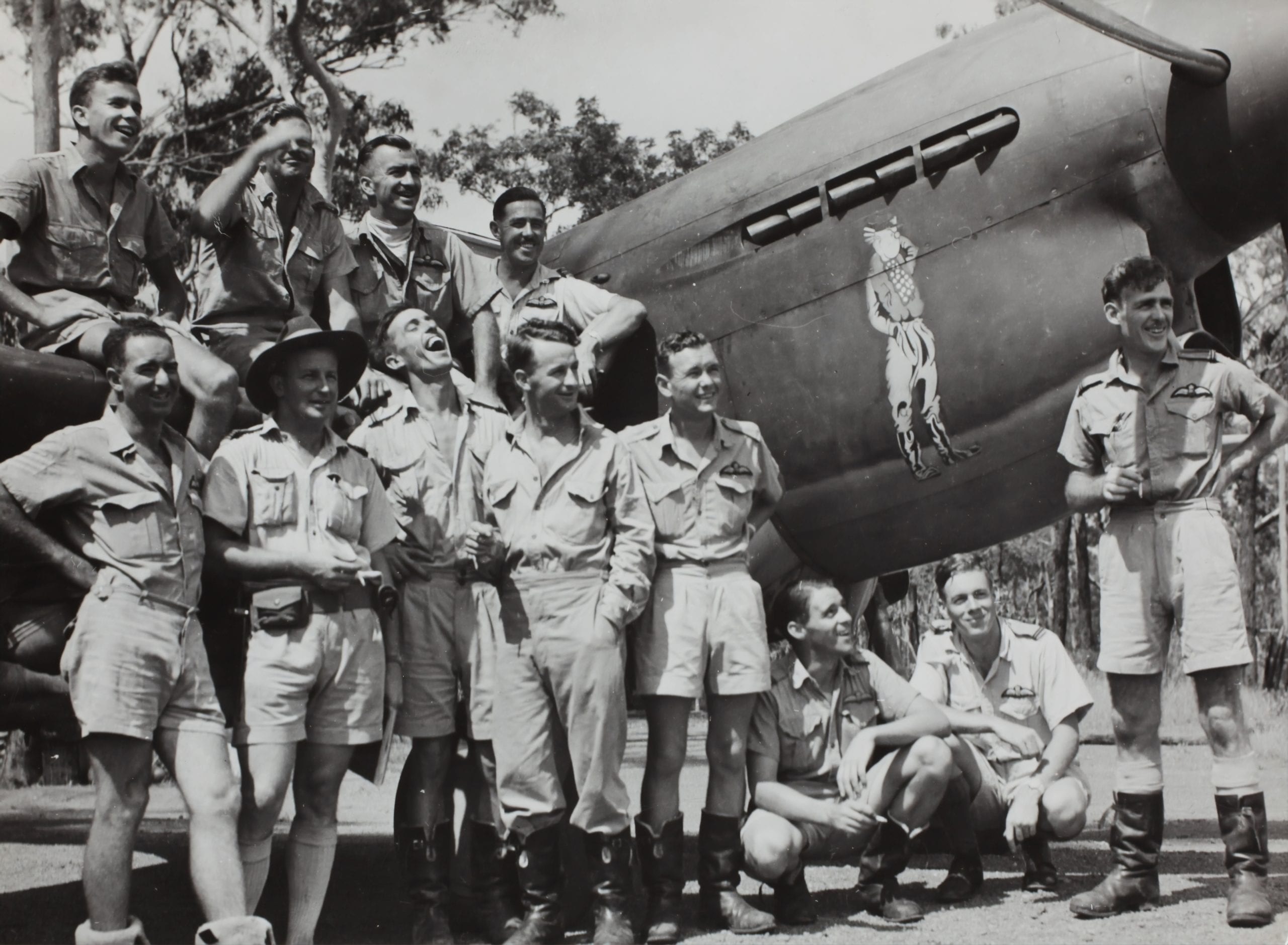The idea of “fake news” might feel like a modern invention, but that’s not exactly true. As long as there have been people, there’s been misinformation.
There are a lot of ways to try to combat fake news as it spreads around the world, but these days it can feel impossible to stay ahead of it.
However, it might have also felt that way during WW2 back in the 1940s.

Photo by Museums Victoria on Unsplash
The decade saw a lot of upheaval and tragedy around the world. All that uncertainty helped give rise to a lot of truly strange rumors in the United States.
Zack Huffman of Mental Floss writes:
Strange tales circulated around 1940s America. There was one about a lady whose head exploded at a beauty salon after her perm ignited residue from her job at the munitions factory.
Others claimed Japan was planning to spike America’s water supply with arsenic, and that a Massachusetts couple reported picking up a hitchhiker who claimed Hitler was on the verge defeat, before vanishing like a ghost from the back of their car.
Even though these stories weren’t true, people still believed them.
So the first “rumor clinic” was established three months after the bombing at Pearl Harbor.
Harvard Professors Gordon Allport and Robert Knapp set up the first clinic in Boston, and their team worked closely with the local paper to combat the rumors.
The Boston Herald worked with the Massachusetts Committee on Public Safety’s Division of Propaganda Research and a network of volunteers who hunted down rumors and their origins to dispel misinformation the publishers believed could harm the war effort, civilian defense, or the general morale of the country.
A council that included the Boston police commissioner, the state’s attorney general, representatives of local unions, and the chamber of commerce vetted each edition of the column.
The idea soon spread throughout the country.

Photo Credit: iStock
FRD established the Office of War Information in 1942, and the team began working with the clinics.
While the clinics were disbanded after the war, their legacy definitely lives on.
What do you think about this story? Do you think we need rumor clinics today?
Let us know how you feel in the comments!








